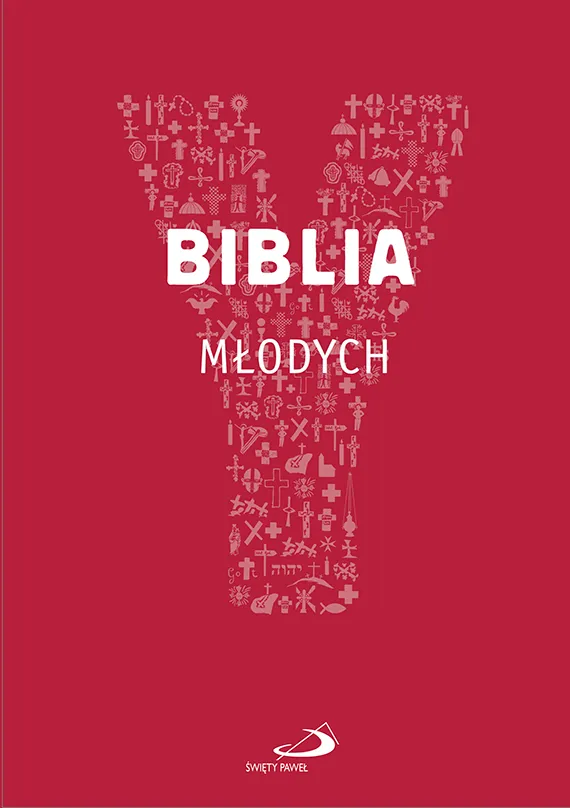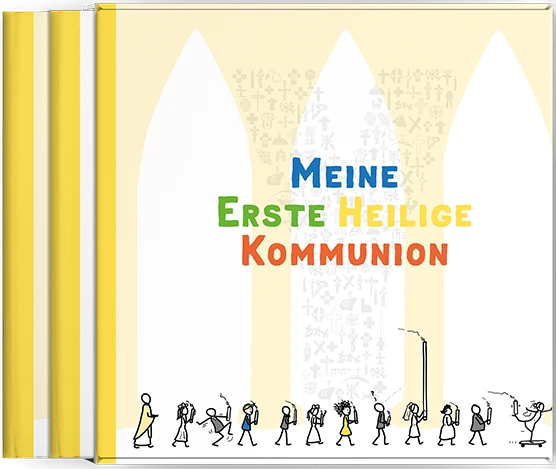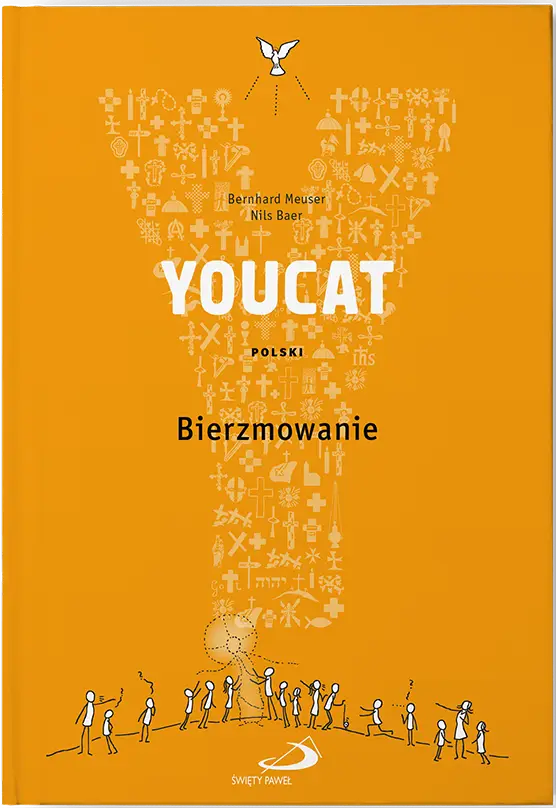

Credopedia
The Sacrament of Ordination: From star pianist to priest
A man who has enjoyed enormous social status for years and who has the funds and ability to fulfill his every desire decides to change his life from the ground up. A celebrated Parisian pianist becomes a priest. For some, this means a social descent. For others a huge step up! For Hermann Cohen, this was his path to sainthood!
- Hermann Cohen: From “party animal” to priest??!
- Sacramental priesthood and the dignity of women
- The priest takes the place of Jesus
- It is Jesus himself who fascinates us about the priesthood
- Called to be a priest?
Hermann Cohen: From “party animal” to priest??!
At the age of 13, Hermann Cohen was a celebrated star pianist in Paris. At 50 years old, he was a Catholic religious and priest! Born in Hamburg in 1820, Cohen grew up as the son of Jewish parents. As a child prodigy, he gave his first piano concerts in Germany at the age of seven. As a young man, he was considered the darling of the great Parisian salons. And yet the talented pianist found neither fulfillment nor peace in his extravagant life. He was plagued by constant mental unrest. He wrote to a friend: “Puffed up by my successes, I possessed all vices (…). I regarded the priests as hostile to society, especially the monks as monsters to be avoided like man-eaters.”
But how did Hermann Cohen, who detested priests, become Father Augustin Maria of the Blessed Sacrament in the strict order of the Carmelites? What is so special about the priesthood that a celebrated musician is prepared to leave all the pleasures of the world behind?
Sacramental priesthood and the dignity of women
Jesus instituted the sacramental priesthood to extend his salvation to all people of all times. He called the first apostles individually by name and chose them as his closest disciples. And indeed, they left their previous lives and followed him. In the Upper Room, Jesus commissioned the apostles to celebrate Holy Mass and personally ordained them as priests. The apostles then did the same when they authorized their successors. This succession has continued uninterrupted since the early Church, right up to today’s bishops, priests, and deacons.
But why can’t women become priests? The answer is simple: Jesus did not ordain women as priests. Rather, he made it clear that men and women in the church have the same dignity, but different tasks and charisms. This does not mean that women have no say in the church or are worth less. Quite the opposite! Jesus placed special emphasis on women – that was revolutionary for the time. He gave women his friendship and protected them.
And yet the Catholic Church still insists on not allowing women to be ordained as priests. She wants to remain faithful to the example of Christ. Someone has given an apt example in this regard: Hamlet is not played by a woman in the theater either. But the Holy Mass is not a theater. Christ’s unique and unrepeatable sacrifice on the cross becomes present on the altar. (Cf. YOUCAT 216)
The priest takes the place of Jesus
Being a priest is not an eight-hour job. Anyone who becomes a priest is at the service of God around the clock. Therefore, the priest needs a deeper motivation than earning money. An indelible seal, which he receives when he is ordained a priest, enables him to act in the name of Christ. This means that a Catholic priest who administers the sacraments does not do so out of his own strength or on his own initiative. The sacramental priesthood is not just some function that can be assumed at any time and then laid down again. A priest does not say during the celebration of the Eucharist: “This is the body of Christ”. Rather, he says: “This is MY body”. The same happens during the forgiveness of sins. The priest is therefore called to take the place of Christ. This is also the deepest reason why the priest does not marry. He is called to imitate Christ. In everything. Even in celibacy.
It is Jesus himself who fascinates us about the priesthood
The conversion story of Hermann Cohen allows us to look behind the scenes at what many believers consider to be a “foolish” decision to become a priest.
What happened in the heart of this young man? The 25-year-old Cohen was asked to help out as a choirmaster in a small church. At the end of the service, he noticed a golden treasure on the altar surrounded by candles and flowers. The priest reverently lifted it up and the kneeling people made the sign of the cross. It was the Eucharistic Jesus who spoke from the golden monstrance into Cohen’s heart. This moment left an impression on him that would stay with him forever. Cohen would later exclaim: “Listen! I have found happiness! I have taken possession of it. My heart is overflowing with joy … And I realized: The Eucharist is life, is happiness!”
Hermann Cohen became a priest at the age of 29. As a Carmelite, Father Augustine Mary of the Blessed Sacrament, he put his outstanding gifts and talents at the service of the one who had called him: Jesus Christ. Until the end of his life, his greatest happiness was to love Jesus and to carry him to the people as a priest in the sacraments.
Called to be a priest?
Jesus spoke in a vision to the French mystic, Louise Marguerite Claret de la Touche (1868-1915): “Just as I was able to renew the world 1900 years ago with twelve men – they were priests – so I could renew the world today with twelve priests. But they have to be holy priests.”
You see; it makes sense to become a priest! The world needs priests, today, tomorrow, and until the end of time. But for this, God needs people who make themselves available to him, who are there for him and who bring him to the people. And he needs people who pray for priests so that they can be holy priests. If you want good and holy priests, then pray for them too, so that they can live out their vocation in fidelity and devotion.
Lord Jesus Christ,
eternal high priest,
keep your priests
in the protection of your Sacred Heart,
where no one can harm them,
keep undefiled the anointed hands
which daily touch your Holy Body;
keep pure the lips
which are reddened by your Precious Blood;
keep their hearts pure and unearthly,
which are sealed with the sublime sign
of your glorious priesthood;
let them grow in love and faithfulness to you
and protect them from the contagion of the world;
give them with the transforming power over bread and wine
also the transforming power over hearts;
bless their work with abundant fruit
and give them one day
the crown of eternal life.
(St. Thérèse of Lisieux)

YOUCAT Digital
Odkryj nasze produkty cyfrowe, które pomogą ci wzrastać w wierze i samemu stać się misjonarzem.







